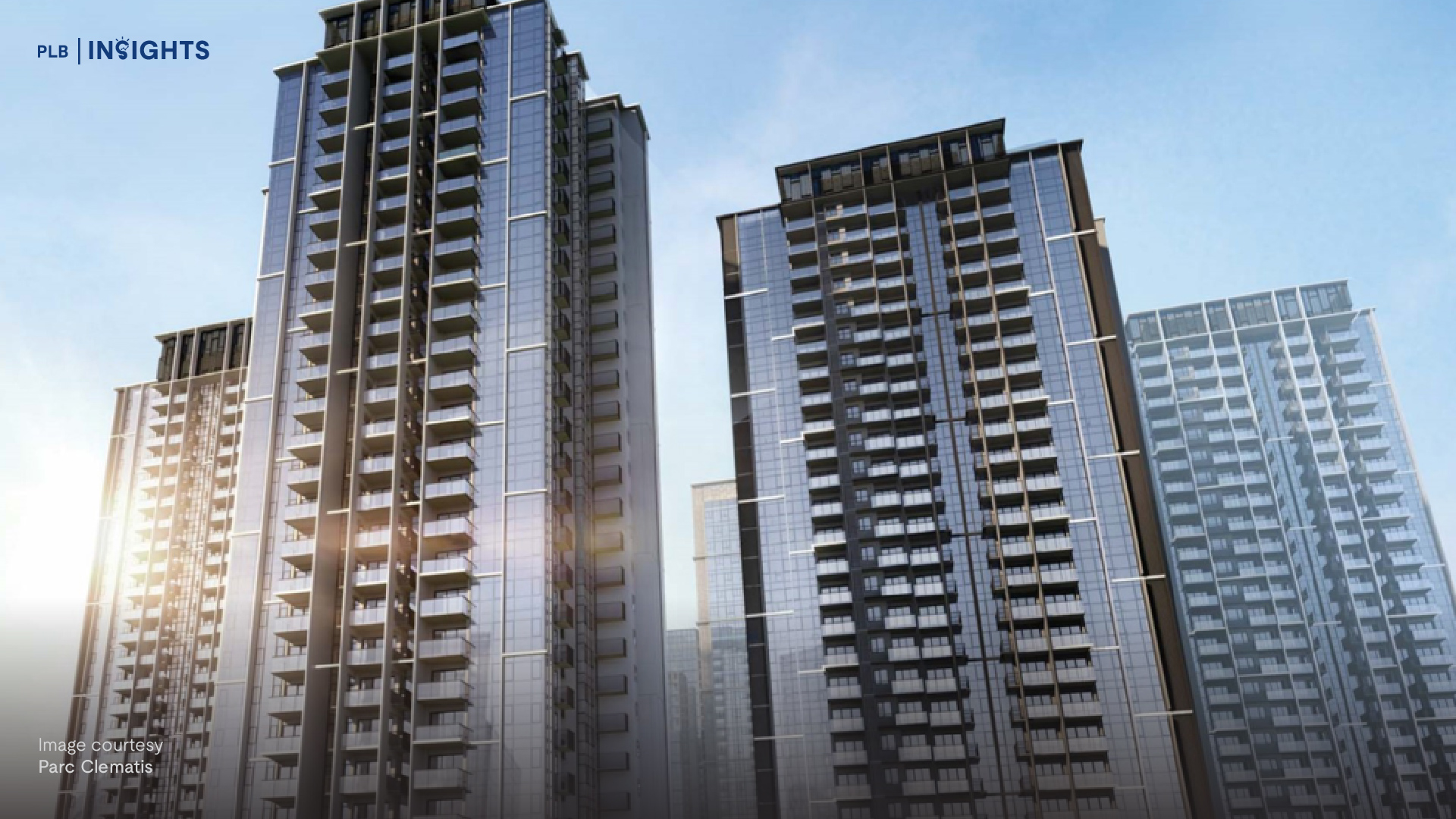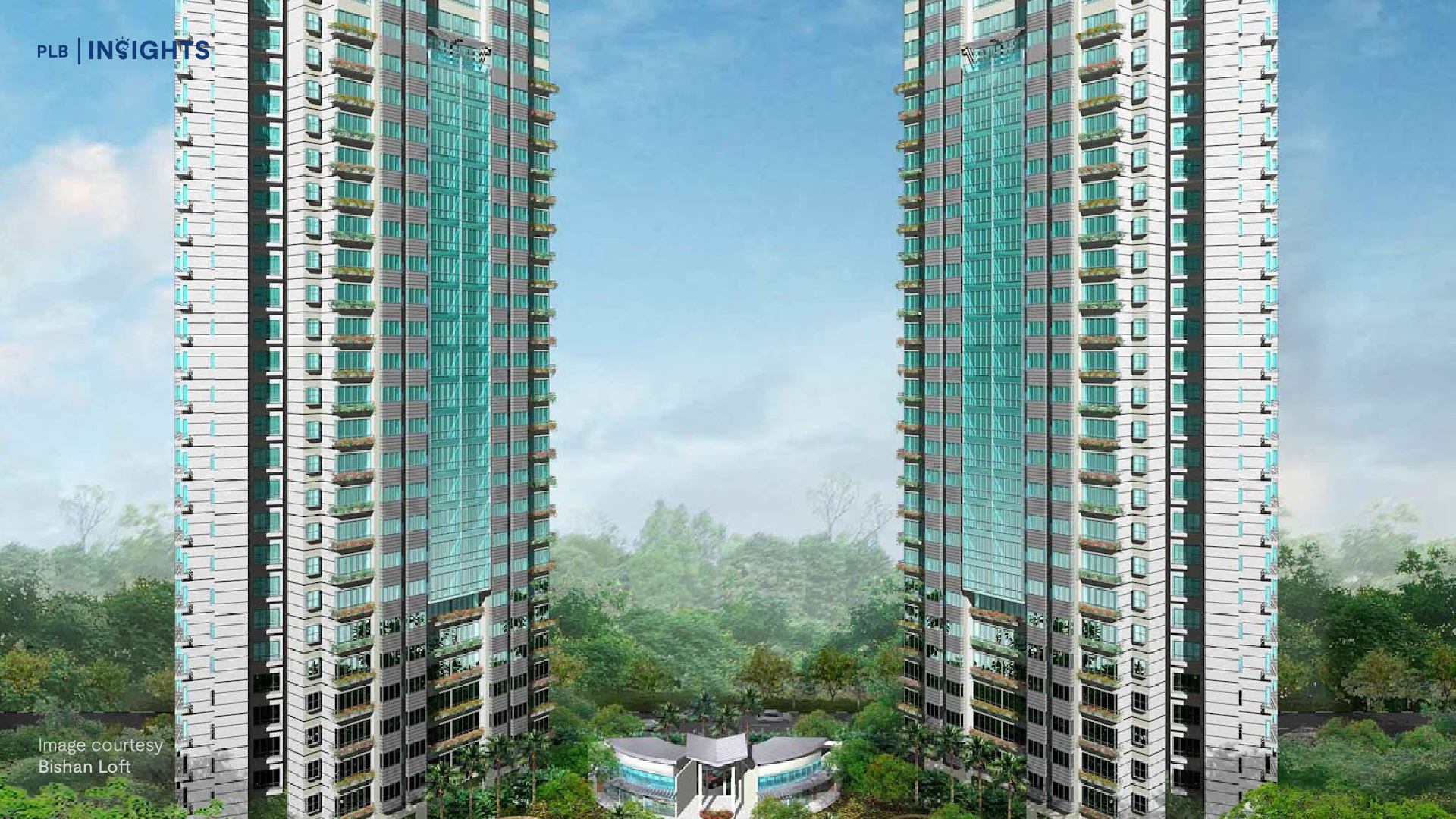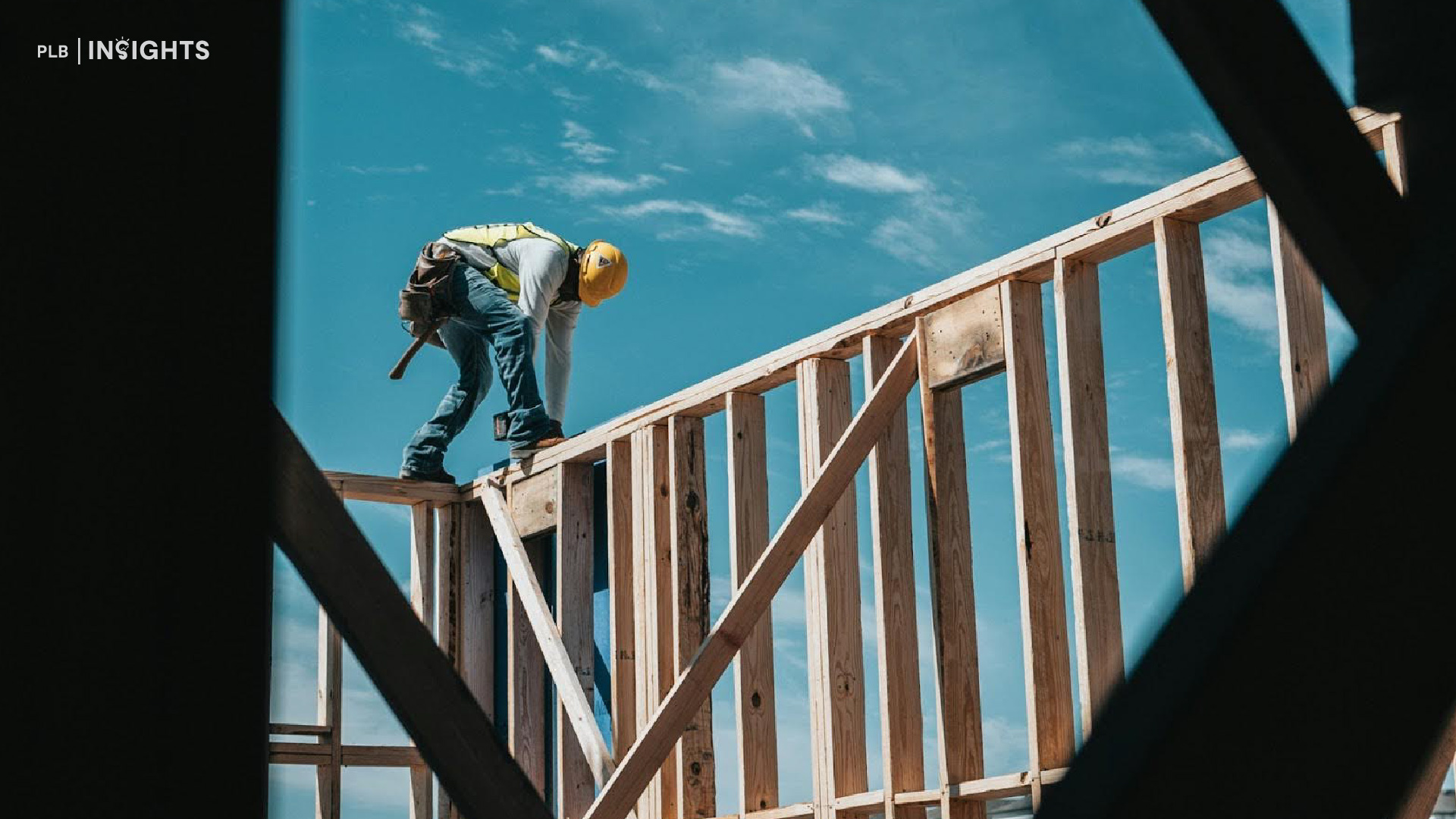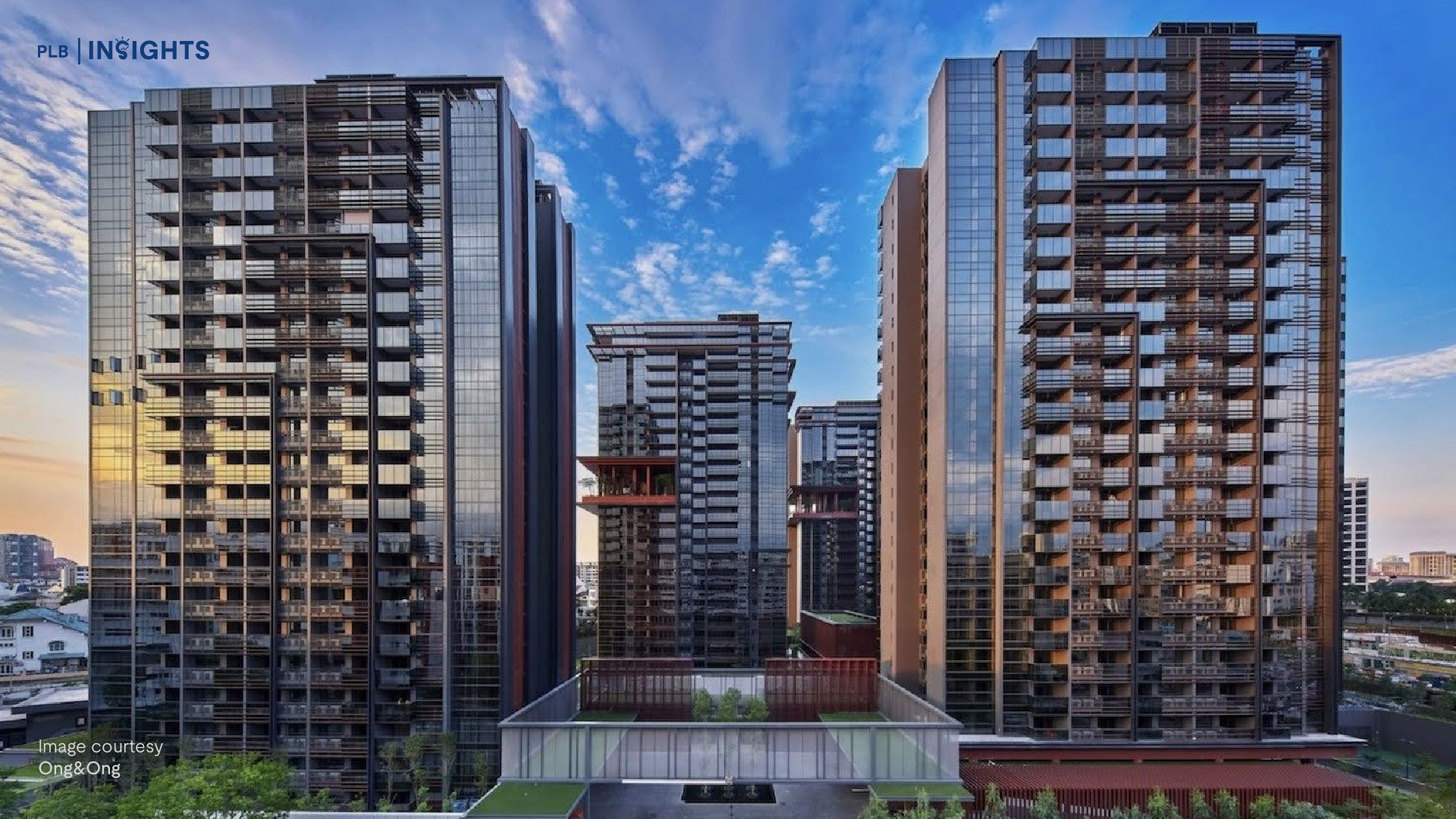
Singapore’s new launches for the private condominium market have been heating up. Recent launches such as Piccadilly Grand have shown fervent demand despite tough macro conditions. The prices of new launches have been steadily rising. Now, developers are expecting it to go even higher! Will this upward spiral ever end?
In this article, we explore and think deeper about the new launch market for private condos. Specifically, we will look through the recent sentiment survey done by the Real Estate department at the National University of Singapore (NUS) and how it relates to our 2022 Q1 report.
The Condition of New Launches
To kick off our exploration of the new launch market, let’s have a look at the new launches since 2021 and observe how they have done. We will compare their average PSF transacted in their launch year and how their units have been selling so far. From the table below, most new launches have been doing fairly well with the exception of smaller projects that have less than 200 units. This might be partially due to buyers being pickier in terms of location and project size.

At this point, it seems that buyers are very savvy on how the number of units in a project affects transaction volume and hence the difficulty of eventual exit. It so happens that the new launches with a smaller number of units are located in the luxe areas. Perhaps this might be confounding why commentators think the luxe segment might not be doing well.
While the additional cooling measures and tough macroeconomic conditions have definitely slowed down the market, Midtown Modern still saw a high take-up rate. While it is true that the higher quantum units have yet to be snapped up, it might be a matter of time.

New launches for private condominiums and apartments have seen steady growth over the past 7 years. This rise in price is accompanied by higher transaction volumes as well. Over the past year (2021Q1 – 2022Q1), new launches have grown 6% in average price. New launches have been one of the fastest growing segments in Singapore’s property market. It has outpaced the growth of the resale condominium market.

Compared to their younger counterparts, the resale condo market has only grown a modest 17% over the past 7 years. This is in stark contrast to the 51% growth of the new launch market for condos. With the gap between the new launch and resale market growing, what will the future hold? Will the gap widen? Will the resale market eventually catch up? Will new launch prices come down? We will give our thoughts on this in the next section.
Before we move on to the next section, we want to probe if such prices for new launches are justified. People are starting to question if a bubble is forming in the new launch condo market. Developers comment that rising prices in Government Land Sales, labour, logistics and materials are contributing to a cost-push inflation of new launch prices. That in itself is a fair and reasonable story. To find out if the demand is due to euphoric buying behaviour, growth in the condominium market must be supported by the rental demand.

To get a more comprehensive picture of the situation, we take a look at 10 years of rental history for condominium and apartments. Rental demand has grown exponentially since the pandemic. So much so that it is approaching the previous high of $3.95 psf pm in 2013 Q1. While the current prices are supported by the high rental levels, one has to stop to ask if it will be able to go on higher. In the short to medium term, it is definitely possible for new sales and rentals to climb simultaneously.
Moving forward into 2023, we might see a potential contraction in the transaction volume for rentals. This could have a spillover effect on the buying market, resulting in more cautious investors if the rental market slows down. We are just highlighting the possibility here. The rental market is still considerably hot and might stay heated over the next few quarters.
Property Market Sentiment Survey
One of the prompts for this article was the recent market sentiment survey shared on the Straits Times. The Business Times also covered the NUS poll in their article. The Real Estate Sentiment Index (RESI) can be found here on the NUS website. The main findings of the RESI survey revolve around developers and senior executives’ concerns of rising costs of construction, rising inflation and interest rates, and economic slowdown. However, the general sentiment on 2022 performance is still positive, with high hopes pegged to the recovery in prime retail. The survey also expects developers to carry on with new launches at a higher price in the following months.
In the Business Times article, concerns were raised about the luxe market potentially facing a permanent decline in demand due to cooling measures and market conditions. While we might see this in smaller projects in the prime area, larger projects with good transaction volume might be able to hold on to their valuations and continue growing. The luxe market might express volatility between different projects but within projects that are deemed great investments, the general volatility is on the upside.
At this point, we would like to caution readers and raise a caveat on the RESI from NUS. The survey results were driven by 39 senior executives in the real estate industry, with some from developers. This is an extremely small sample to draw a picture for the entire Singapore market. That being said, it is the opinions of these individuals that make up the index. There might be concerns if this accurately reflects the sentiment on the ground when it comes to where the real estate market is going. Even if the aim was to capture the sentiment of experts in real estate (and not investor sentiment), a more representative sample is needed.
There is a lack of transparency on the methodology of RESI and disclosure of the survey design in terms of how the sample was obtained and treated. Of course, we do not expect these individuals to be named. Rather, we are referring to the survey response rate. A low response rate could bring in concerns of a non-representative sample. Furthermore, how these individuals were selected for the survey was not disclosed, introducing concerns on selection bias. All these concerns coupled with a small sample size brings doubt to the objectivity and comprehensiveness of the survey. Currently, it is only able to capture the opinions of the surveyed individuals.
Barring these concerns, the RESI has the potential to be an important measure of ground sentiment in the real estate industry. If the methodology is transparent and improved, we may see it being useful when we analyse it in tandem with the URA performance report. Perhaps, it could bring about important insights on the market as a lead indicator if done well.
Closing Thoughts
To rope in the discussion, we go back to the question we put out in the title. Will developers actually keep pricing new launches higher and higher? Unfortunately, the answer here is a very probable, yes. This is primarily because of cost-push inflation and rising land costs. Eventually, these costs trickle down to the buyer in the form of higher new launch prices.
While new launch prices have grown substantially faster than the resale condo market, it is not yet considered a bubble. The high prices are in some sense justified by higher costs and a strong rental market. Nonetheless, buyers in this hot new launch market need to be aware of the possibility of a difficult exit. Even if high costs push a high launch price to buyers, when it enters the resale market, the alternatives can be considerably cheaper. Buyers of new launches must have holding power and be aware of the risks in investing in new launches in the current market.
If you wish to know more about the new launch or resale market, or if you want to know how this makes sense in relation to your own property journey, reach out to us here.








